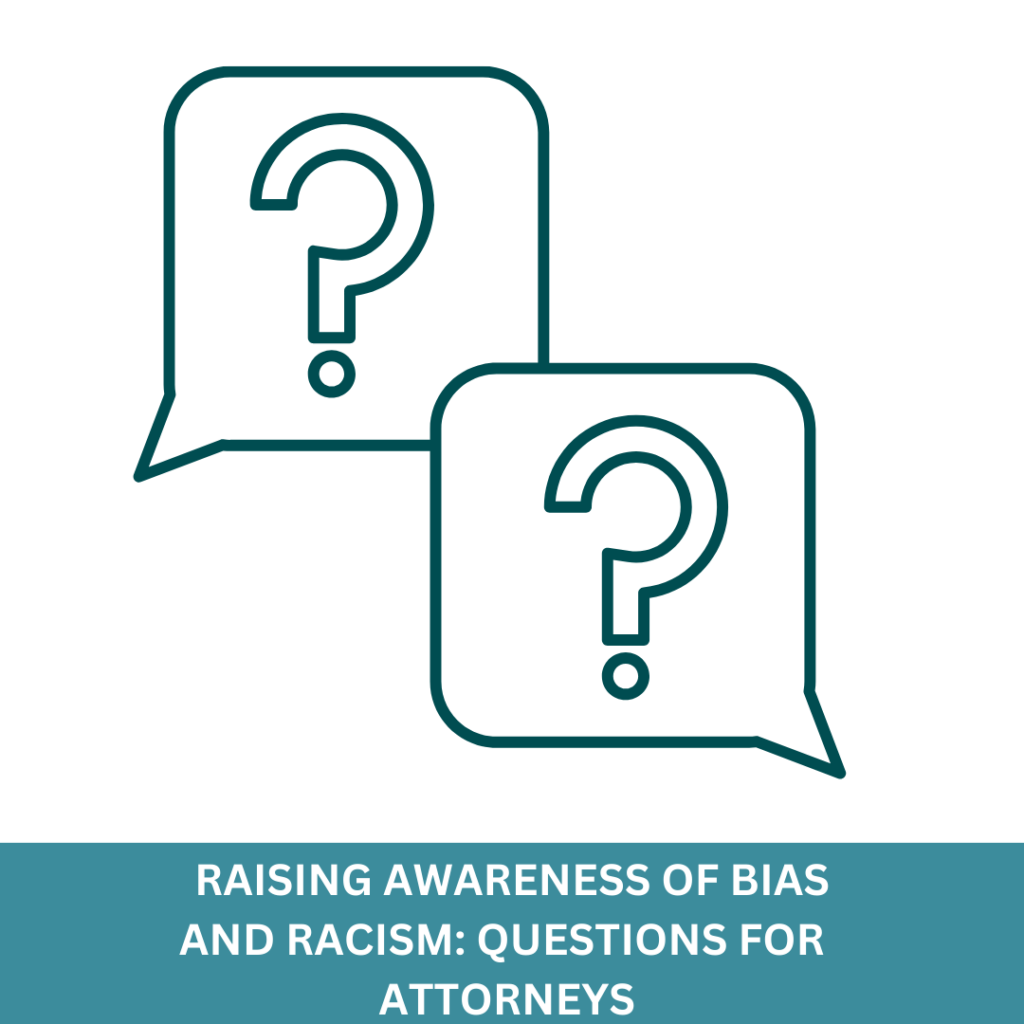Narratives are powerful tools that can convey messages and bring personal experiences to life. As you read the words written by children and parents involved in the child welfare system, we ask that you “walk in the shoes” of the speakers– children and parents who have been impacted by racism, bias and discrimination in child welfare cases.
Even though you have likely worked with children and parents for many years, in our busyness as practitioners we often do not stop to consider the short- and long- term impact that being in the system has on children, the parents who brought them into this world, and the people who love those children dearly. Before reading each narrative take a moment to ask yourself:
- How would it feel to be taken to a stranger’s home and dropped off?
- What if you and your sibling(s) were taken to separate places?
- As a young child, how might you process the different smells of that home? The different foods? The different words, languages, and behaviors?
- What happens over time with those feelings and the pain of being separated from the things and people most important to a child, parent or relative?
- As a parent, how would it feel to have your children taken from your care against your will?
- What it would be like to go through each day not knowing who was caring for them or when you would see them next?
- What would it feel like to have your role as a parent talked about in court by people who don’t know you at all but see to all know each other?
- What would it feel like to be referred to by your initials or a label like “Bio Mom”?
- What would you make of all the legalese and many acronyms that are tossed around when others explain your situation to you?
- What would it feel like to be told you have only six months to find a home, a job, and recover from substance dependency otherwise your children will be adopted?
- What would you want from your attorney and interdisciplinary team?
Throughout this Narrative section, you will find common themes and experiences that people personally impacted by child welfare have encountered. Learning about those experiences comes with the duty to act on behalf of your own clients when they experience racism and macro and micro aggressions in their cases and larger experiences with legal system involvement. With this material we hope to help you show up for your clients not just as a zealous advocate for their legal interests, but also as an interrupter of racism. Each of the tools provided below has been prepared with the idea that it will help you become better informed in your role as a practitioner and an interrupter.
Narrative Section Tools
- Youth Narratives – Individuals who experienced foster care as children and youth share how their experiences were directly affected by their race and cultural identity.
- Parent Narratives – Individuals who have experienced government intervention in their rights to family integrity share how those experiences were directed affected by race and discrimination.
- Narrator Recommendations for Anti-Racist Legal Representation – Suggestions from each of the narrative reports focused on helping practitioners improve practice.
- Reflection Questions for Legal Professionals – Designed to ensure you are doing your best work to understand the experiences of racism and bias that your client may be experiencing.
The Power of Narratives
- Gaining perspective
- Issue Spotting
- Increasing Client Well-being and Engagement

The Narratives
